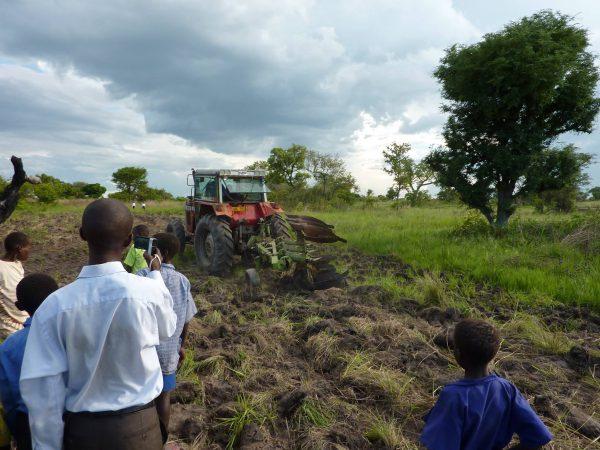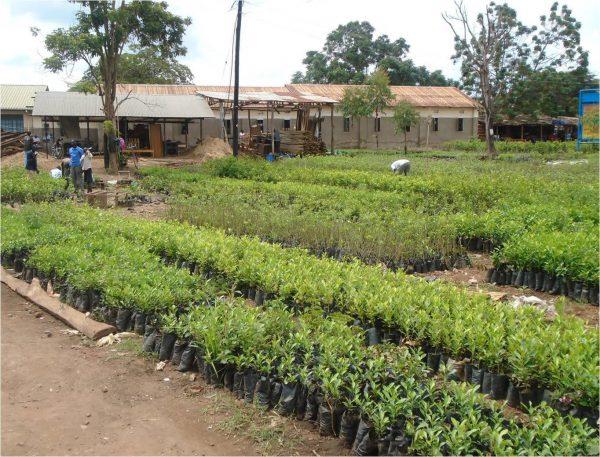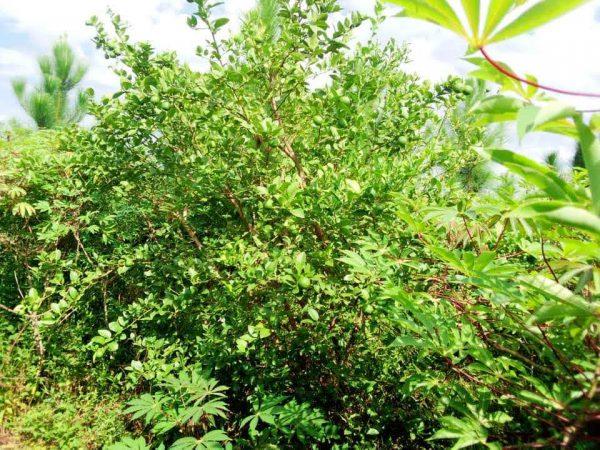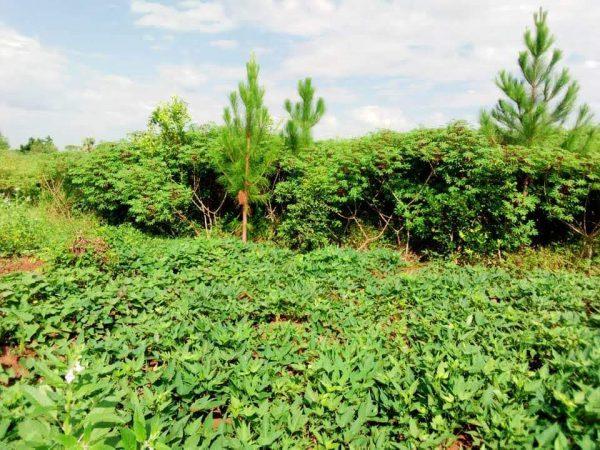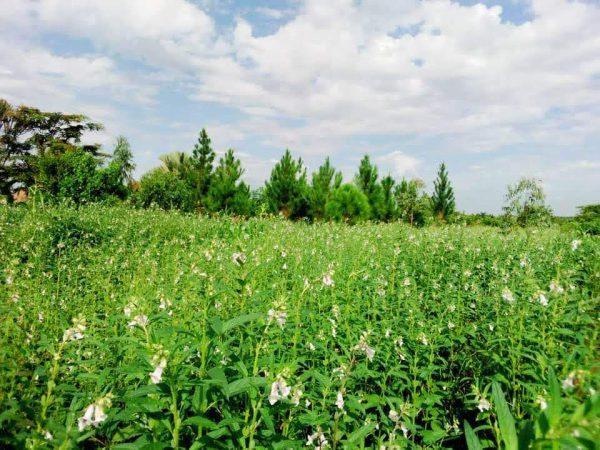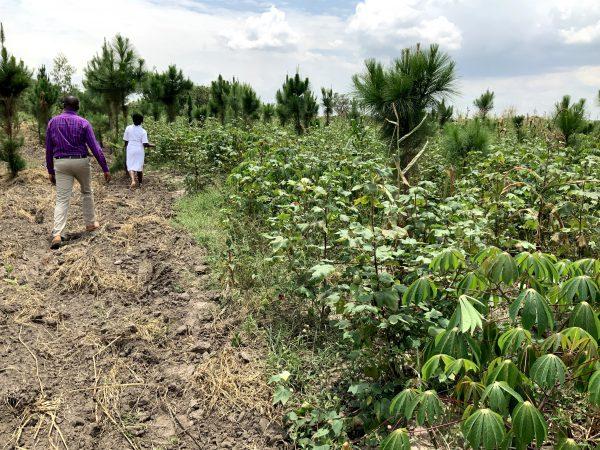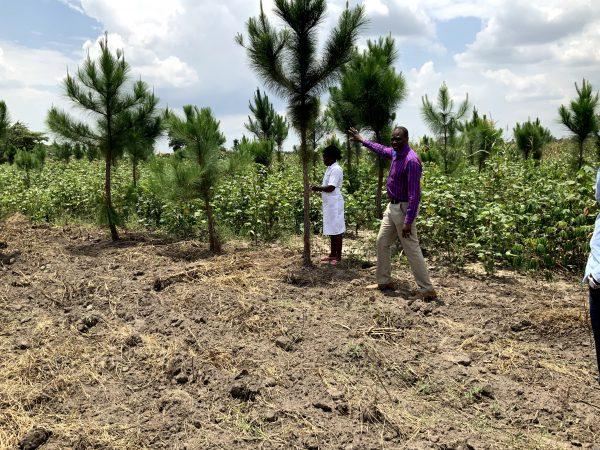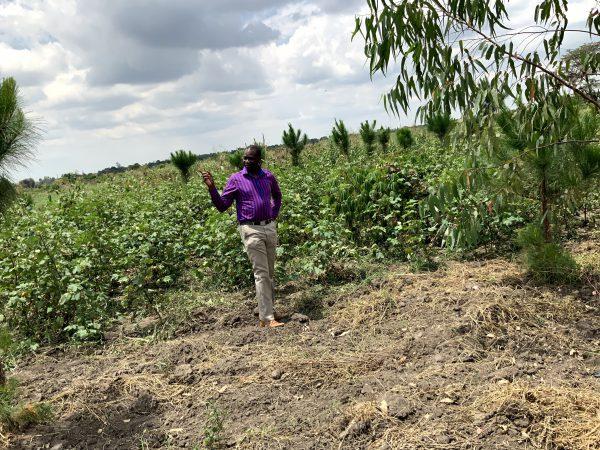SUSTAINABLE FARMING
The demand for food production in Northern Uganda has created enormous pressure on the environment which has resulted in many trees being cut down for farmland. The goal of this project is to reduce deforestation and improve crop yields by training local communities in sustainable farming. We aim to reproduce the success of previous projects where communities incorporated tree planting with rice, millet, and maize farming.
Impact of our work
The demand on the land for food production in Northern Uganda has created enormous pressure on the environment and this has resulted in the local population cutting down trees for farmland. The local population has realised that there is a change in their climate with unreliable weather leading to poor crop yield.
The local population has also realised that there is a shortage of trees for timber, fuel, fruits etc. Through our sustainable farming and climate change mitigation, local communities are sensitised in the ways to solve the problem by incorporating tree planting with sustainable farming. They are advised that incorporating sustainable farming and tree planting would provide multiple solutions to their problem. While they can continue to produce food and plant trees as well, the trees planted will improve the environmental conditions, provide timber, fuel, provide income etc.
Betty Acen of Medical Aid Uganda Alemere, Amolatar district in Northern Uganda has incorporated tree planting with rice, millet, and maize farming. The tress planted include pines, eucalyptus, orange, lemons, mangoes The trees are doing very well with an 80% survival rate.

